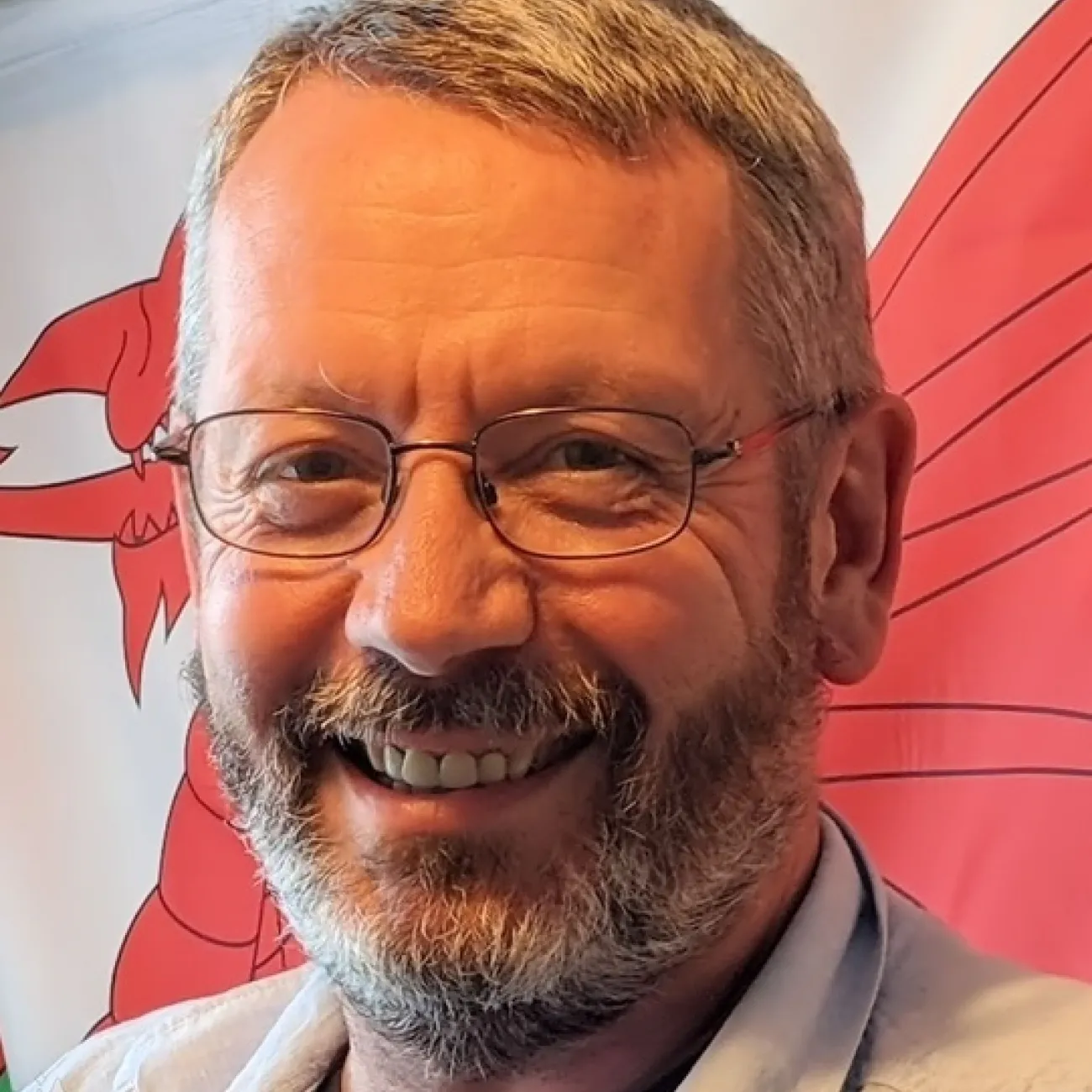About
Emeritus Professor G. John Langley
ResearchID B-5320-2008; Orcid 0000-0002-8323-7235
Google Scholar https://scholar.google.co.uk/citations?user=2VscCgsAAAAJ&hl=en)
Emeritus Professor G. John Langley is a distinguished expert in Mass Spectrometry and Chromatography, renowned for his research on complex systems through the application and development of various analytical approaches. With over 140 publications, an H-index of 35, and 4,400 citations, Professor Langley has made significant contributions to the field. His most highly cited articles focus on fullerenes (>250 citations) and the seminal IUPAC MS nomenclature document (>500 citations). His work has been published in over 30 leading scientific journals, reflecting the multidisciplinary nature of his research. These journals include:
- Nature
- Analytical Chemistry
- Analyst
- Chemical Science
- Journal of the American Chemical Society
- Journal of American Society for Mass Spectrometry
- Rapid Communications in Mass Spectrometry
- Journal of Chromatography A
Professor Langley received his PhD in Mass Spectrometry from the University of London, where he began his career. He led the Characterisation and Analytics section in Chemistry at Southampton, and Southampton Chemistry Analytical Solutions (SCAS) from 2010-2024, and the chromatography - mass spectrometry facility 1988-2024.
You can update this in Pure (opens in a new tab). Select ‘Edit profile’. Under the heading and then ‘Curriculum and research description’, select ‘Add profile information’. In the dropdown menu, select - ‘About’.
Write about yourself in the third person. Aim for 100 to 150 words covering the main points about who you are and what you currently do. Clear, simple language is best. You can include specialist or technical terms.
You’ll be able to add details about your research, publications, career and academic history to other sections of your staff profile.
